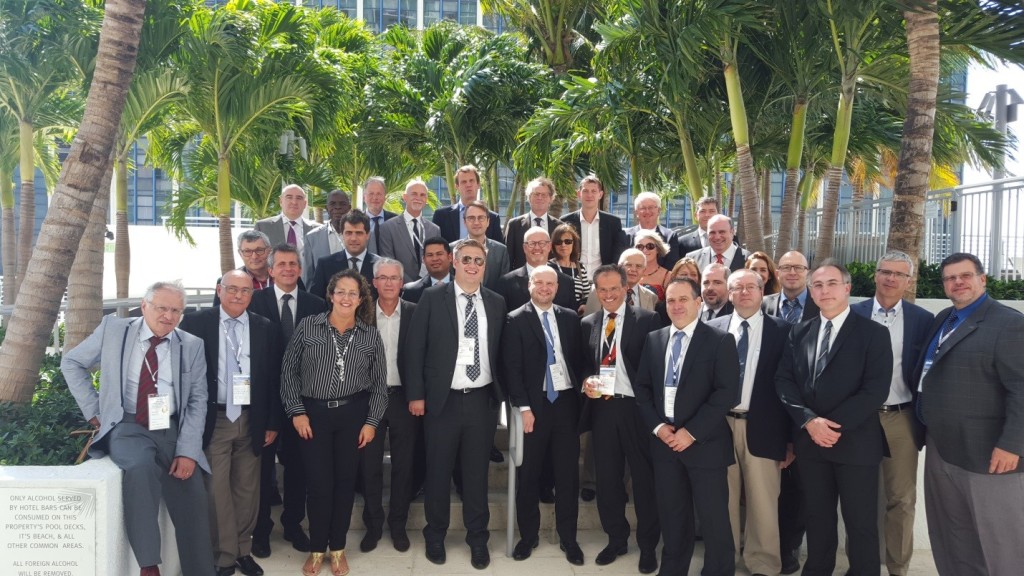EFFECTIVE JANUARY 1, 2016
By: Luca Cantelli, Esq. and Robert Ladislaw, Esq.
On December 4, President Obama signed a highway funding bill that authorizes the U.S. Secretary of State to revoke or deny the U.S. passports of taxpayers who owe more than US$50,000 in federal taxes, including penalties and interest. The new provisions will be effective on January 1, 2016.
The tax law adds a new section 7345 to the Internal Revenue Code authorizing the Treasury Secretary to issue a certificate to the Secretary of State that a taxpayer has a “seriously delinquent tax debt”. A “seriously delinquent tax debt” is defined as a tax liability greater than US$50,000 for which the IRS has either filed a lien or levy. This dollar amount will be adjusted for inflation after 2016. The Secretary of State is prohibited from issuing a passport to any individual who has been certified as having a seriously delinquent tax debt, with exceptions for emergency circumstances or humanitarian reasons. Further, the Secretary of State may revoke a passport previously issued to an individual who has been certified as having a seriously delinquent tax debt, although it may authorize return travel to the United States only. Taxpayers who have entered into installment agreements or offers-in-compromise, or have requested collection due process hearings or innocent spouse relief, are exempt from these provisions. The law allows the Treasury Secretary to share information on the taxpayer’s identity and amount of the tax debt with the Secretary of State.
Taxpayers have the right to prompt written notice when a certificate of having a seriously delinquent tax debt is issued to the Secretary of State or when such certification is reversed. The notice must make clear that the taxpayer is entitled to file a lawsuit in the U.S. Tax Court or a federal district court to challenge the certificate.


